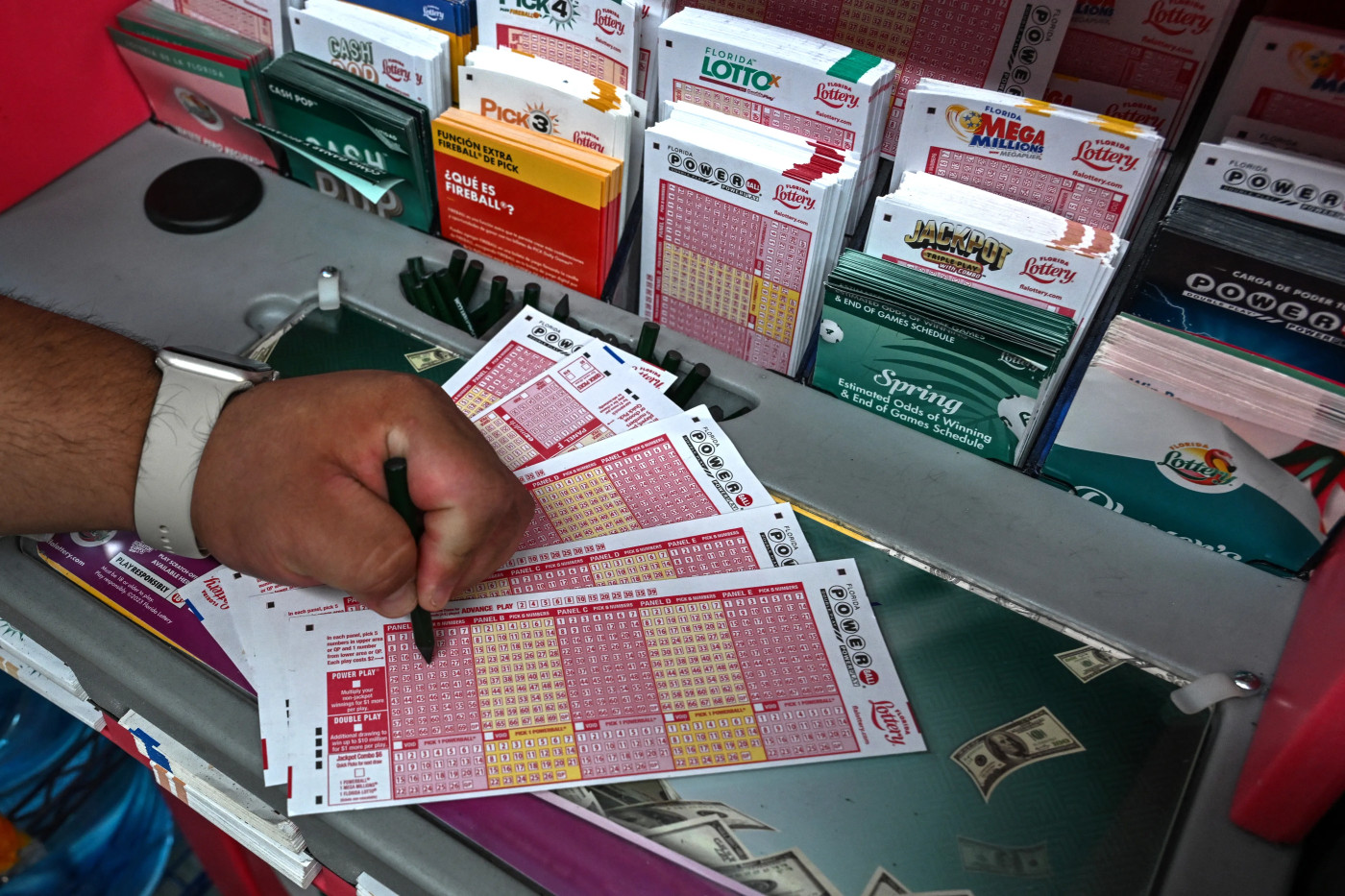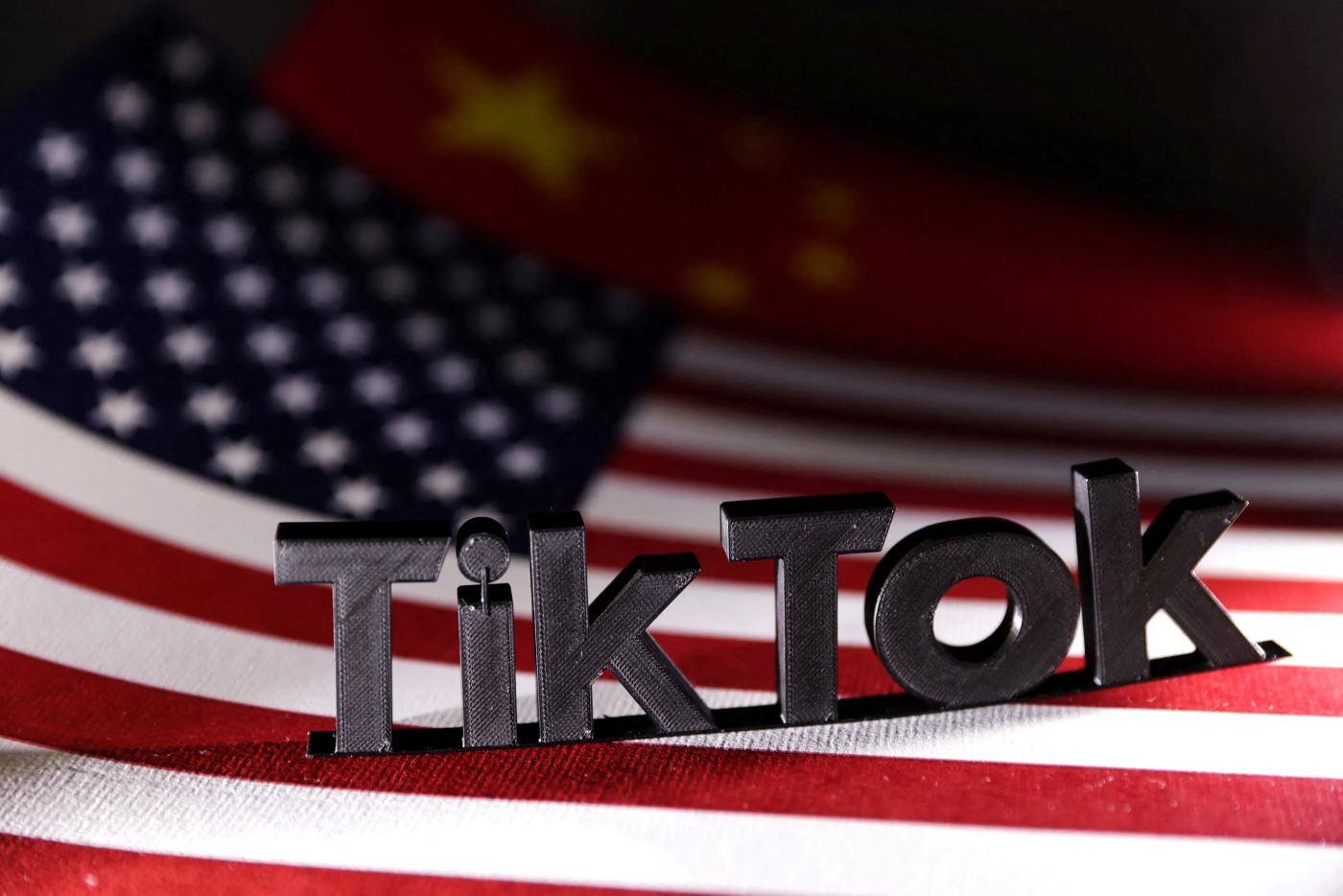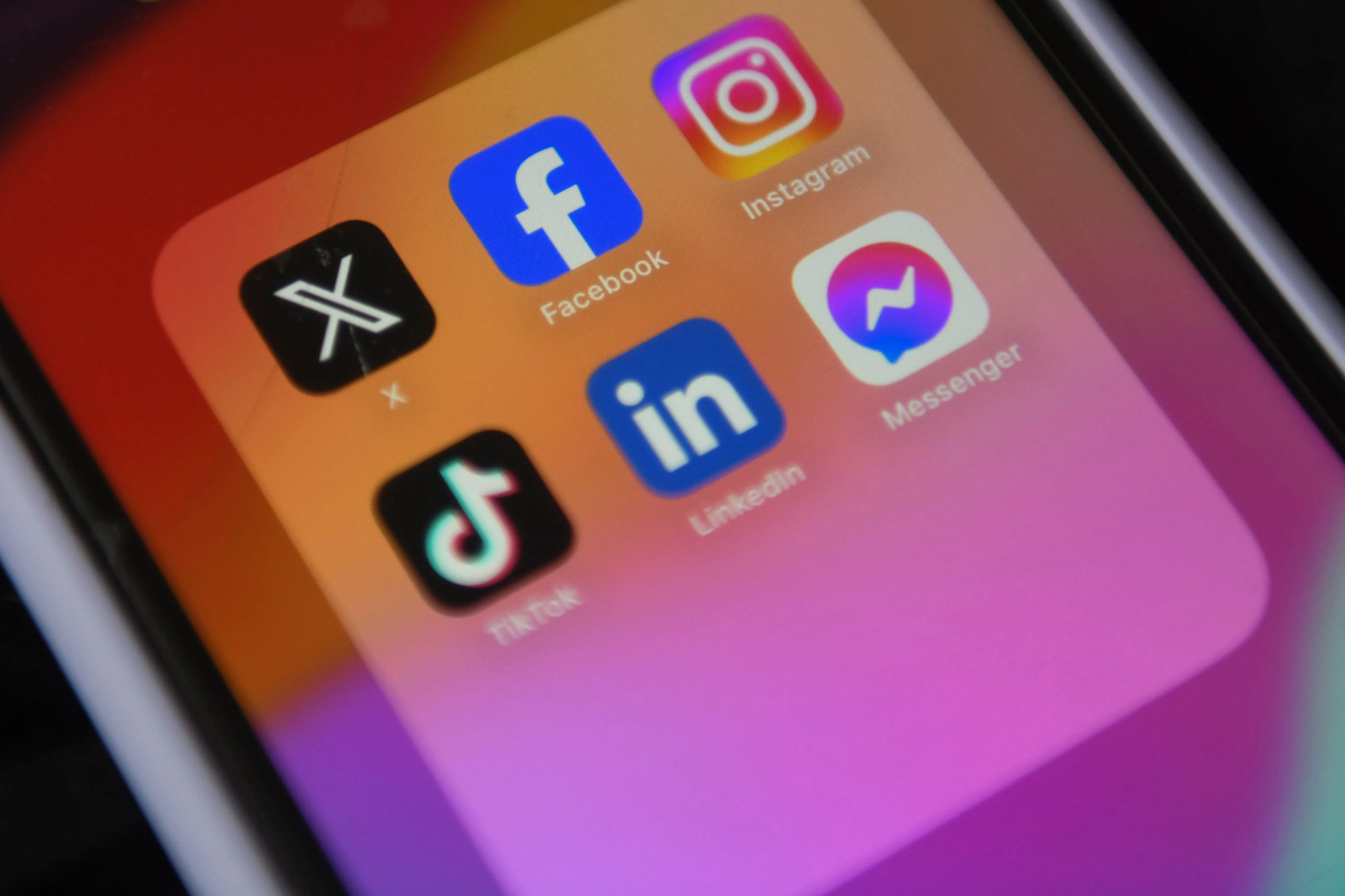
RIP TikTok. Long live TikTok: A look at the ByteDance app following its flurry of fortunes
- TikTok, known for its viral trends and large user base, has been effectively banned in the U.S. following a Supreme Court ruling.
- The app had become a cultural force, influencing industries like publishing, music, food and fashion, and driving real-world trends.
- The ban follows years of scrutiny and attempts by U.S. officials to address concerns about TikTok's Chinese ownership and data security.
TikTok, the short-form video app known for dance challenges, viral trends and an algorithm said to know users better than they knew themselves, died in the U.S. Sunday.
First launched in the United States in 2018, the app quickly became the most downloaded social and entertainment app in the world. By 2020, when Americans were looking for ways to escape boredom amid COVID-19 lockdowns, the app had gained over 100 million U.S. users.
“People were really clamoring for relatable, unscripted, and unvarnished elements of life,” said Brooke Duffy, an associate professor at Cornell University’s Department of Communication who researches digital and social media industries. "It was kind of positioned as the antidote to Instagram.”
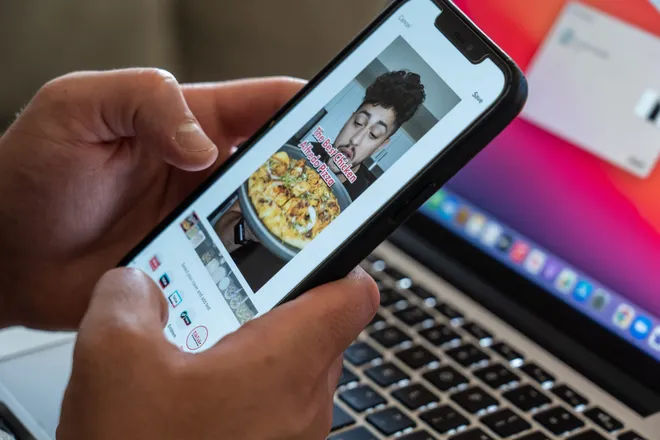
TikTok ban timeline:How did we get here and what happens next?
Other platforms tried to emulate the app. Meta, Facebook’s parent company, launched its own version of TikTok, Reels, in 2020. So did Snap Inc., parent company to Snapchat. YouTube followed suit with a U.S. YouTube Shorts launch the next year.
Despite growing competition, TikTok became many people’s go-to for internet searches, news and shopping. With about 170 million Americans ‒ roughly half of the U.S. population ‒ using the app by 2025, the app’s virtual trends often had ripple effects in the real world.
BookTok gave the publishing industry a boost in sales and a new generation of readers. Meme songs jumped to the Billboard charts. Ingredients like Feta reportedly became harder to find in grocery stores after recipes went viral on the app. Fashion aesthetics like coastal grandmother and cottagecore pushed some to refresh their wardrobes.
Trends on TikTok often became a priority for businesses, according to Jessica Maddox, an assistant professor at the University of Alabama's department of journalism and creative media who researches social media platforms and internet popular culture.
“That was true for publishing. That became true for music, that became true for food, for travel, for all different types of industries," Maddox said. "If you could make your offline experience, be it food or a tourist destination, something that would look good to capture on TikTok, then it was going to be a success.”
TikTok, by all accounts, could be a ridiculous corner of the internet. It was the platform that spread the joke “Nyquil chicken” recipe, where people sang sea shanties and pretended to die after drinking an aggressively purple McDonald’s Grimace shake.
But the app sometimes brought out the best in humanity. A teacher’s viral video raised over $30,000 to pay student lunch debt. Another video helped raise over $230,000 to help an Uber driver pay family medical bills and other expenses. Californians have used the app to collect donations for victims affected by wildfires.
Story continues below.
The app could also bring out the worst in people. TikTok, at times, circulated harmful misinformation and trends. Some experts said the app could be addictive. Lawmakers worried it put national security at risk, which ultimately led to its demise with the Supreme Court on Friday upholding a law to effectively ban the app in the U.S.
“It’s not a perfect social media app. There’s no such thing because people are not perfect,” Maddox said. At the same time, "it’s really easy to scoff at TikTok as a silly little app that wastes people’s time and kills attention span. But it also educates and has built community, and we’ve seen that community expand into political action."
It appears TikTok's wake was to be brief. President-elect Donald Trump has promised to "save" the platform and told NBC News he expects to "most likely" offer a 90-day extension to avoid the ban. TikTok's CEO Shou Zi Chew said he would work with Trump to keep the platform available in the U.S.
"Rest assured, we will do everything in our power to ensure our platform thrives as your online home for limitless creativity and discovery, as well as a source of inspiration and joy for years to come," Chew said Friday in a post to the official TikTok and X accounts.
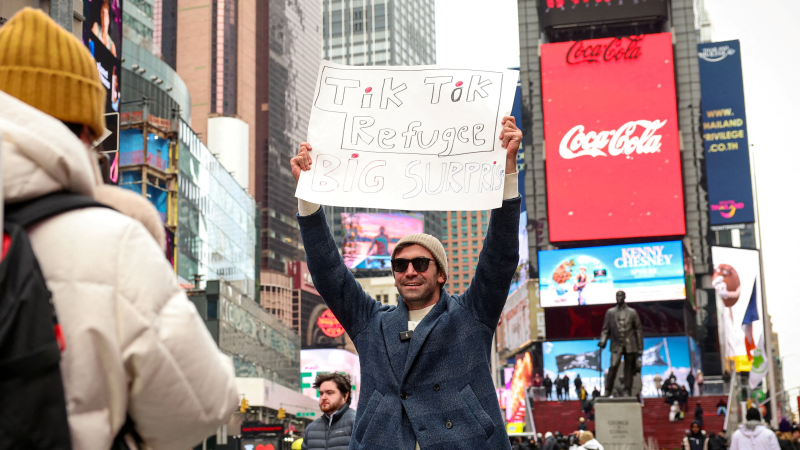
(This story has been updated to reflect a new headline.)
